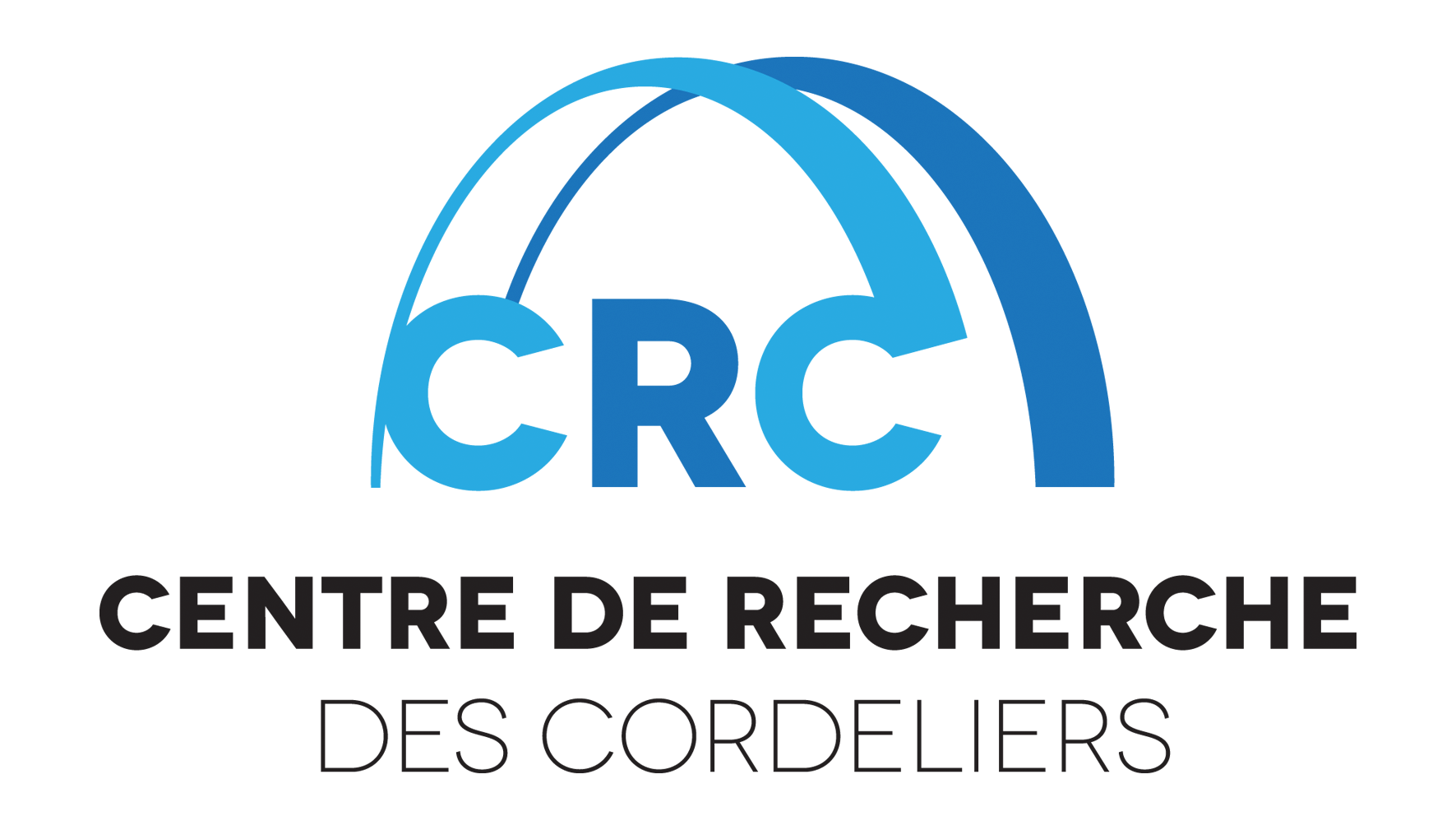Par : Luciana MORLA (Equipe Gilles Crambert)
Date : jeudi 11 février 2021
12:30 - 13:30
Lieu : Visioconférence
Maintaining water homeostasis is fundamental for cellular function. Many diseases and drugs affect water balance and plasma osmolality. Water homeostasis studies in small animals require the use of invasive or terminal methods that make intracellular and extracellular fluid volume (ICF and ECF) monitoring over time stressful and time consuming. We examined the feasibility of monitoring mice ECF by a non‐invasive method, using time‐domain nuclear magnetic resonance (TD‐NMR). This technique allows differentiating protons in a liquid environment (free fluid) from protons in soft tissues containing a majority of either small molecules (lean) or large molecules (fat). Moreover, this apparatus enables rapid, non‐invasive, and repeated measurements on the same animal. We assessed the feasibility of coupling TD‐NMR analysis to a longitudinal metabolic cage study by monitoring mice daily. We determined the effect of a 24‐hour water deprivation on mice body parameters and detected a sequential and overlapping decrease in free fluid and lean mass during water deprivation. Finally, we studied the effect of mineralocorticoids that are known to induce a transient increase in the ECF but for which no direct measurements have been performed in mice. We show for the first time that mineralocorticoids induce a transient ~20 % increase in free fluid in conscious mice. TD‐NMR is therefore the first method to allow direct measurement of discrete changes in the ECF in conscious small animals. This method allows analysis of kinetic changes to stimuli prior to investigating with terminal methods and will allow further understanding of fluid disorders. We will also discuss changes in fat mass and lean during the day and important aspects to take in account when using this tool.
Lien de visioconférence a demander à secretariat@crc.jussieu.fr
Tous les séminaires
